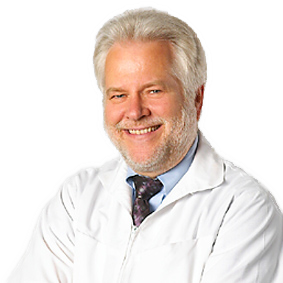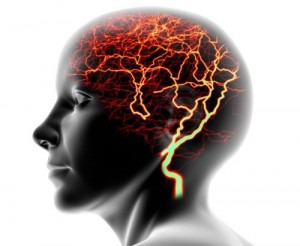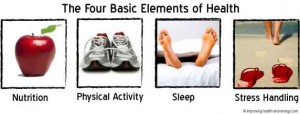Alzheimer's disease was officially recognized a hundred years ago, but there's still no effective treatment for it. Now researchers at UCLA say they've developed a program that shows for the first time memory loss being reversed.
It's not a drug; it's not a procedure; it is a novel, comprehensive and personal approach to treating memory loss associated with Alzheimer's. UCLA researchers spell out exactly what can be done to reverse what the disease does to the brain.
In the report provided by UCLA, Dr. Dale E. Bredesen explains how Alzheimer's is a complex disease affected by sleep, diet, even exercise.
Ten memory-loss patients, some with brain-scan-confirmed patterns of Alzheimer's, participated in a small UCLA trial called MEND (Metabolic Enhancement for NeuroDegeneration).
In the UCLA protocol, patients made dramatic lifestyle changes. They avoided simple carbs, gluten and processed foods. They increased their fish intake, took yoga and meditated. They were instructed to take melatonin, get adequate sleep, incorporate vitamin B-12, vitamin D-3 and fish oil.
Within six months, nine patients saw a noticeable improvement in memory. One patient, who was in the late stages of Alzheimer's, did not show improvement.
UCLA researchers say the findings suggest at least early on, changing a person's metabolic processes can bring back memory and cognitive function.
Six of the patients of the patients in the study who had to discontinue working were all able to return to their jobs. Study authors say some patients were followed up to two and a half years and the memory improvements remained.
No single drug has been found to stop or even slow the progression of Alzheimer’s, and drugs have only had modest effects on symptoms. “In the past decade alone, hundreds of clinical trials have been conducted for Alzheimer’s, without success, at an aggregate cost of over $1 billion,” said Bredesen, who also is a professor at the Buck Institute.
Bredesen’s program, including:
- eliminating all simple carbohydrates, gluten and processed food from her diet, and eating more vegetables, fruits and non-farmed fish
- meditating twice a day and beginning yoga to reduce stress
- sleeping seven to eight hours per night, up from four to five
- taking melatonin, methylcobalamin, vitamin D3, fish oil and coenzyme Q10 each day
- optimizing oral hygiene using an electric flosser and electric toothbrush
- reinstating hormone replacement therapy, which had previously been discontinued
- fasting for a minimum of 12 hours between dinner and breakfast, and for a minimum of three hours between dinner and bedtime exercising for a minimum of 30 minutes, four to six days per week
Inflammation and tissue toxins are obvious contributors to Alzheimer's. The dietary recommendations and the nutritional support recommended tend to be directed towards reducing inflammation.
Following your body type diet is crucial in controlling inflammation. Also the latest research on sleep indicates this is how your brain detoxifies itself.
Spending time in meditation or prayer can have a calming affect on your nervous system. Chiropractic adjustments are a very effective way to reduce stress to the nervous system and maintain proper nerve function as well as organ and glandular function. Also regular chiropractic adjustments enhance immune function which can be important with Alzheimer's. Exercise is a way of controlling cortisol which is a stress and inflammation producing hormone from the adrenal glands.











